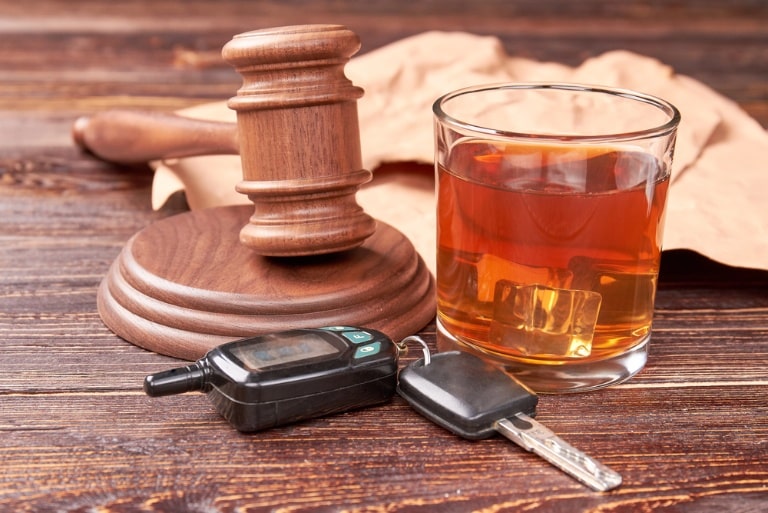By Joyce C. Goldstein
Facing a DUI charge in Pennsylvania means understanding the state鈥檚 tiered DUI penalties system, which is based on blood alcohol content levels. First-time offenders might face probation, while repeat offenses can mean longer jail sentences.
To defend against DUI charges, consider exploring various legal strategies that challenge the evidence or procedure. Understanding these elements means you can better prepare for your defense.
Understanding Pennsylvania鈥檚 DUI Laws and Offense Levels
Pennsylvania DUI laws mean progressively severe penalties for impaired driving, based on offense levels and BAC. DUIs are classified into three tiers: General Impairment (BAC 0.08%-0.099%), High BAC, and Highest BAC. Higher BAC levels mean harsher penalties, even for a first offense.
Understanding these distinctions helps assess the impact on your driving record and future.
Examining the Range of DUI Penalties in Pennsylvania
In Pennsylvania, DUI penalties depend on offense level and BAC. First-time offenders with a BAC of 0.08-0.099% may face probation, a $300 fine, and alcohol safety school.
A BAC of 0.10-0.159% means harsher penalties, like license suspension and higher fines. For BACs of 0.16% or more, expect longer suspensions and potential jail.
Repeat offenses mean stricter penalties, including extended imprisonment and mandatory treatment. Refusing a breathalyzer means automatic license suspension.
To better understand the specific consequences for your case, refer to the Pennsylvania DUI Laws and Penalties Chart. Knowing these DUI penalties means you can better prepare and make responsible driving decisions.
Exploring Legal Defenses Against DUI Charges
To effectively defend against DUI charges, focus on challenging the evidence. Question the traffic stop鈥檚 legality; an unjustified stop means evidence dismissal.
Scrutinize field sobriety tests; factors like weather or health conditions mean they might be unreliable. Assess Breathalyzer accuracy; calibration errors or misuse mean inaccurate results. Ensure the device was properly maintained and functioning.
Strategies for Mitigating DUI Penalties
To mitigate DUI penalties effectively, consider several strategies. Voluntarily enrolling in an alcohol education or treatment program means you鈥檙e addressing issues proactively. Demonstrating genuine remorse and responsibility can influence sentencing positively.
Maintain a clean record during proceedings to avoid harsher penalties for repeat offenses. Engage in community service or similar programs to potentially satisfy parts of your sentence. Gather character references from employers or community leaders to prove your commitment to change.
Lastly, examine your case for procedural errors, which might mean reduced charges or even dismissal. These actions mean a more favorable DUI outcome.
Seeking Legal Assistance for DUI Cases in Pennsylvania
Facing a DUI charge in Pennsylvania means needing experienced legal assistance to navigate the legal system effectively. To enhance your defense, follow these steps:
Research DUI Attorneys: Find lawyers specializing in DUI cases by checking reviews and success rates.
Schedule a Consultation: Discuss your case to evaluate their expertise and communication style.
Understand Costs: Clarify the attorney鈥檚 fee structure, whether flat or hourly, to ensure it aligns with your budget.
These steps mean better chances for a favorable outcome in your DUI case.
Facing a DUI charge in Pennsylvania means understanding the DUI laws and penalties is crucial. Your BAC level directly impacts potential consequences. Defending a DUI charge means questioning the legality of the stop and the accuracy of tests.
Mitigating penalties means employing a strategic legal defense. It means you should not handle a DUI charge alone鈥攕eeking legal assistance means effectively navigating the legal system and protecting your rights.
